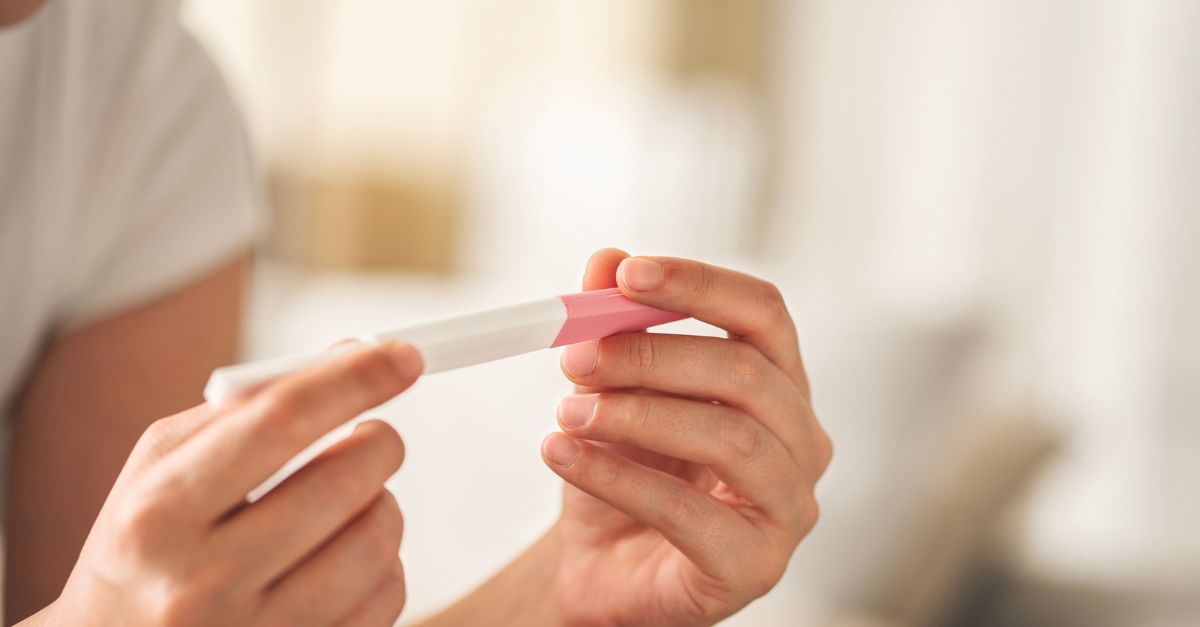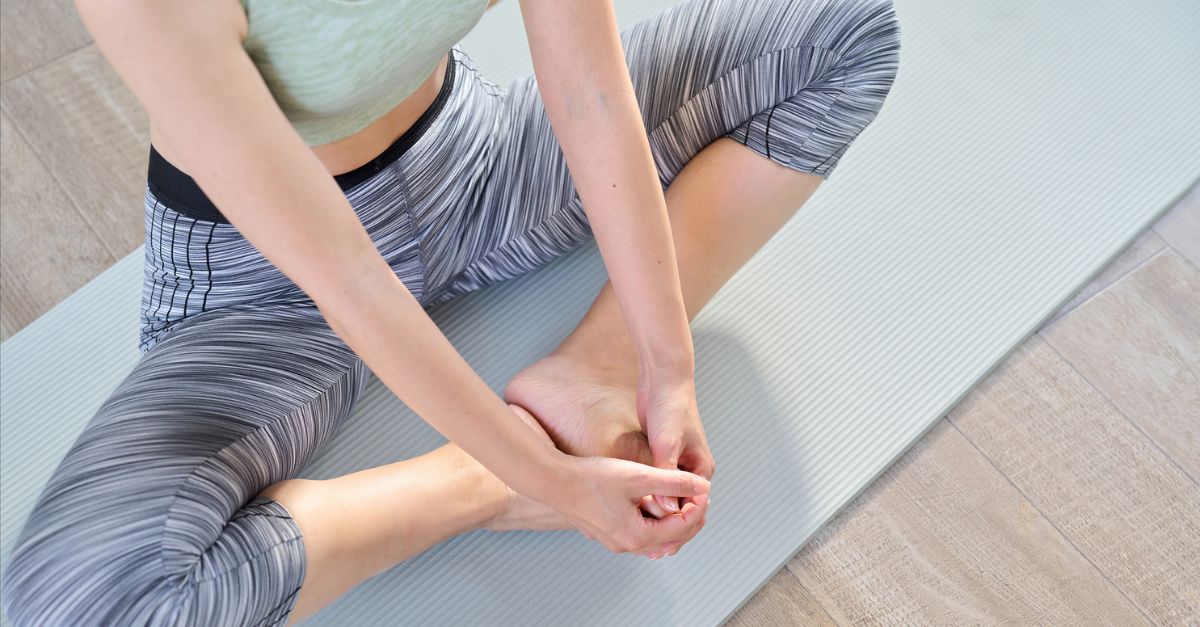Hot flashes are tough to tolerate in any weather. Add summer’s heat and humidity to the mix, and these symptoms of menopause can become downright unbearable. Whether you’ve been navigating them for some time now, or they’re a fairly recent development, here’s what you should know about hot flashes during summer.
Are Hot Flashes Normal in Summer?
While there are other medical conditions that could cause hot flashes, the most common culprit is hormonal changes. They’re often seen in menopause when estrogen levels drop. The hormone works with your brain to regulate your temperature, but when it decreases, it sends an error message to the hypothalamus and tricks your body into thinking it’s warmer than it really is. Then, the telltale signs of a hot flash ensue: you begin sweating, flushing (due to widening blood vessels), and your heart rate might increase. The episode may be brief, but some can last up to 30 minutes.
In other words, hot flashes align with the season of life you’re in, not the season on the calendar. If you’re approaching menopause, they’re as normal during the summertime as they are during any other time of year, though they’ll likely feel more intense when the mercury climbs.
You may find some relief in knowing you’re not alone: up to 75% of women experience hot flashes as they start menopause, too. Most women have them for six months to two years, though for others, they can last as long as a decade. But if your hot flashes are causing discomfort, you shouldn’t have to endure them — especially in the hot, humid weather.
How to Manage Menopause in Summer
Even if your hot flashes felt bearable before, summertime may have you seeking more serious relief. Here are some tips to try.
Avoid Triggers
While it may not prevent hot flashes altogether, avoiding certain triggers could make them less intense or frequent. Steer clear of caffeine, alcohol, and spicy foods, which exacerbate menopause symptoms.
Dress Lightly
The one upside to having hot flashes during summer is that loose, breathable clothing is seasonally appropriate. Flowy sundresses, light cotton garments, shorts, and tank tops will help keep you cool. A wide-brim hat can also help by shading your face and neck.
Stay Hydrated
If your hot flashes are accompanied by sweating, be sure to replenish any lost fluids by staying hydrated. Fill an insulated bottle with ice water and keep it on hand. Not only will it restore hydration, but it can also offer a soothing chill if you feel an episode coming on.
Prepare Before Venturing Out
You don’t have to skip summer activities because of hot flashes, but finding creative ways to stay cool can help keep you comfortable when they arise. Try to schedule outdoor activities for the early morning or evening, when the weather is a bit cooler and UV rays are less intense. When you do head outside, bring a portable fan and a cooling towel. If needed, find a shady spot or air-conditioned building to take a break — even your car’s AC works in a pinch.
Breathe Through the Episode
It’s normal to feel panic rising as this dreaded symptom comes on, but stress will only intensify it. If possible, pause and take some slow, purposeful breaths. Staying calm through a hot flash could control its intensity.
Concerned About Your Menopausal Symptoms? Schedule an Appointment With Rosa Gynecology
The strategies above may be enough to curb your hot flashes this summer, but if they continue to persist and affect your quality of life, allow our providers to help you find more effective relief. Depending on your medical history, you could be a candidate for hormone therapy. To find out, schedule an appointment online or by calling 770-487-9604.




